Cameroon has initiated the world’s first routine vaccine program against malaria. This pioneering effort is expected to significantly impact child mortality across Africa.
The first vaccination was administered to a baby girl, Daniella, near Yaoundé, marking the beginning of a potentially transformative public health initiative.
The Devastating Impact of Malaria in Africa
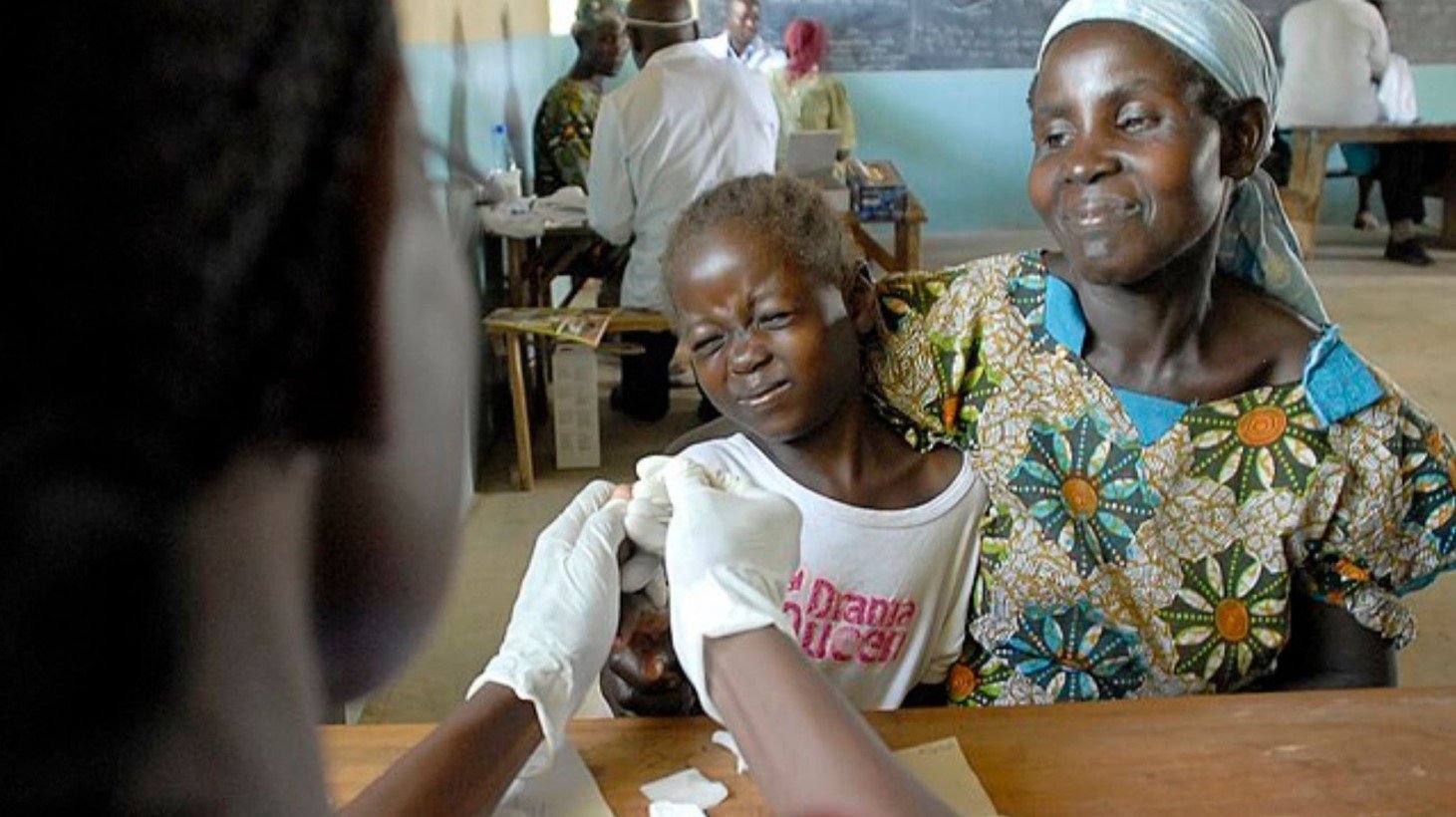
Malaria remains a deadly threat in Africa, causing approximately 600,000 deaths annually, as reported by the World Health Organization (WHO).
Notably, children under five represent at least 80% of these fatalities, BBC News reveals. The introduction of the malaria vaccine in Cameroon could play a critical role in reducing these staggering numbers.
Cameroon’s Vaccine Strategy for Infants
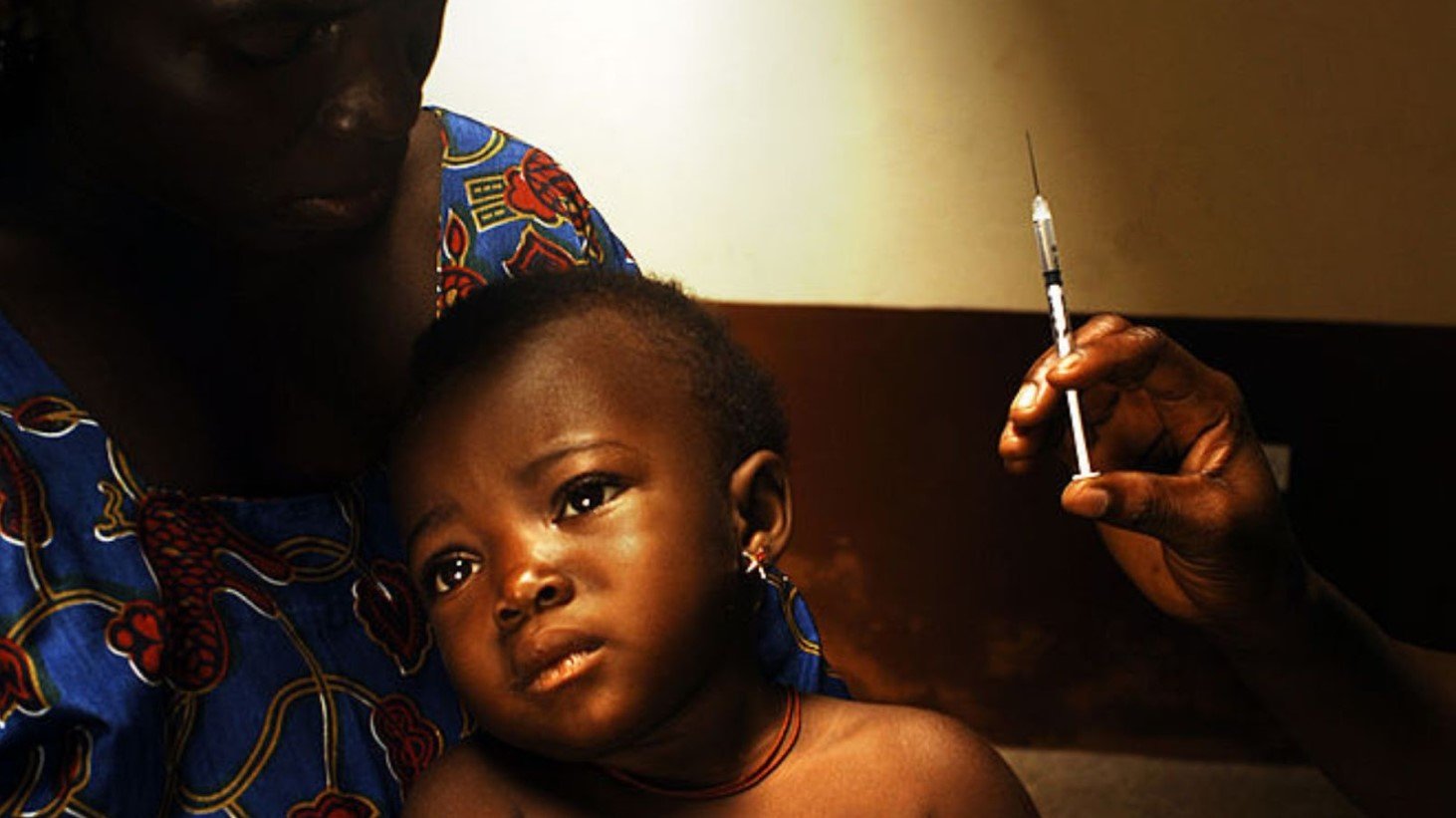
The Independent reports that Cameroon is providing the RTS,S vaccine free of charge to all infants up to six months old. Patients require four doses, which will be administered alongside other routine childhood vaccines.
This approach is designed to streamline the vaccination process and increase accessibility for parents and their children.
Evaluating the Vaccine’s Efficacy
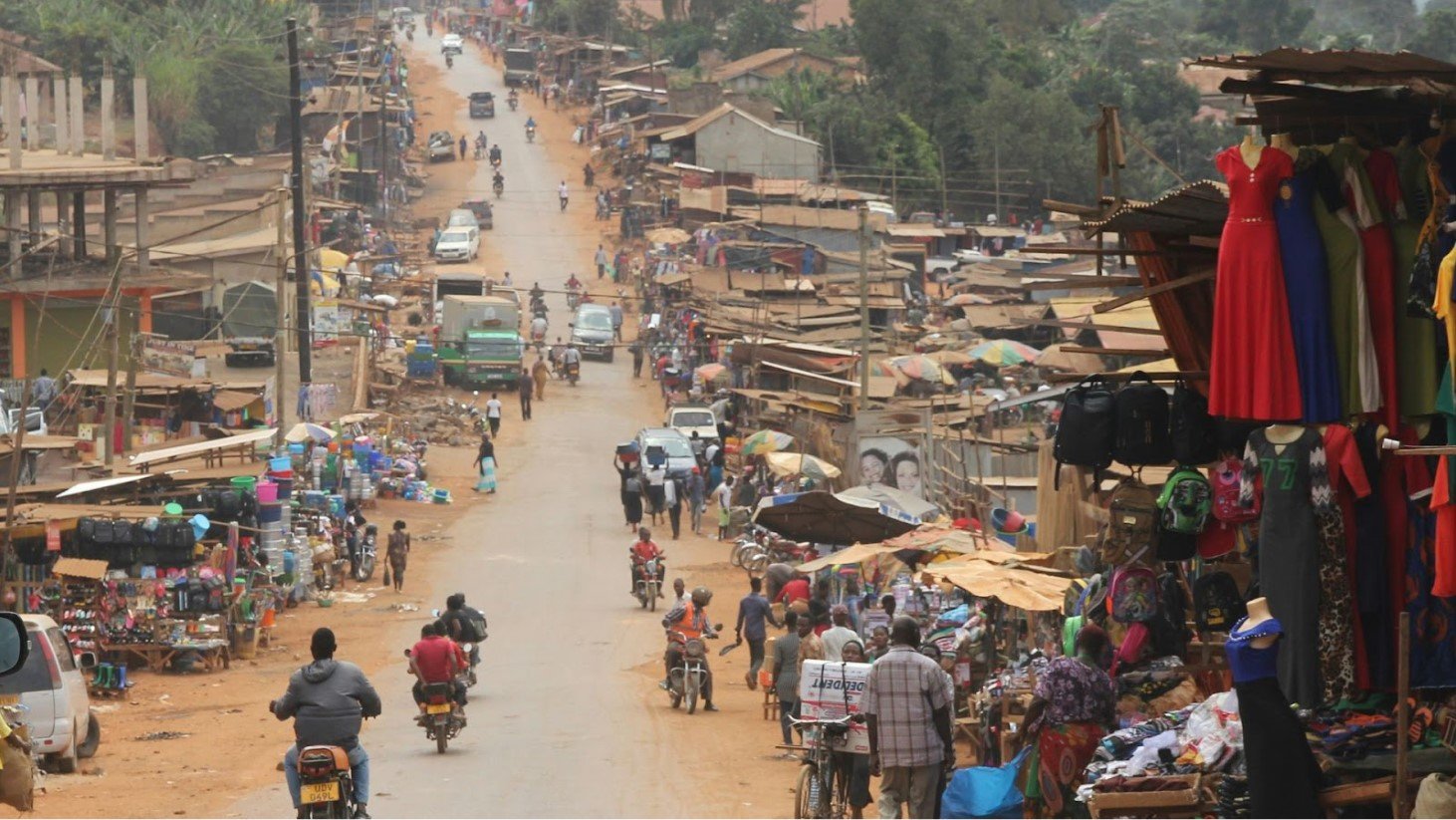
The RTS,S vaccine has shown an effectiveness rate of around 36% in trials, according to US researchers.
While this figure indicates a significant step forward in malaria prevention, “it is not a ‘silver bullet'”, argues Willis Akhwale at End Malaria Council Kenya, as reported by BBC News. Health officials emphasize the importance of continuing other malaria prevention strategies.
Combining Strategies for Maximum Protection

One study suggests that using the vaccine in conjunction with mosquito nets and malaria tablets could provide up to 90% protection from malaria.
This integrated approach is vital in tackling the disease comprehensively. Dr. Shalom Ndoula, involved in the vaccine rollout, stated to BBC News, “We have a capacity to considerably reduce the number of cases and deaths from malaria and accelerate the elimination of the disease.”
Decades of Research Behind the RTS,S Vaccine
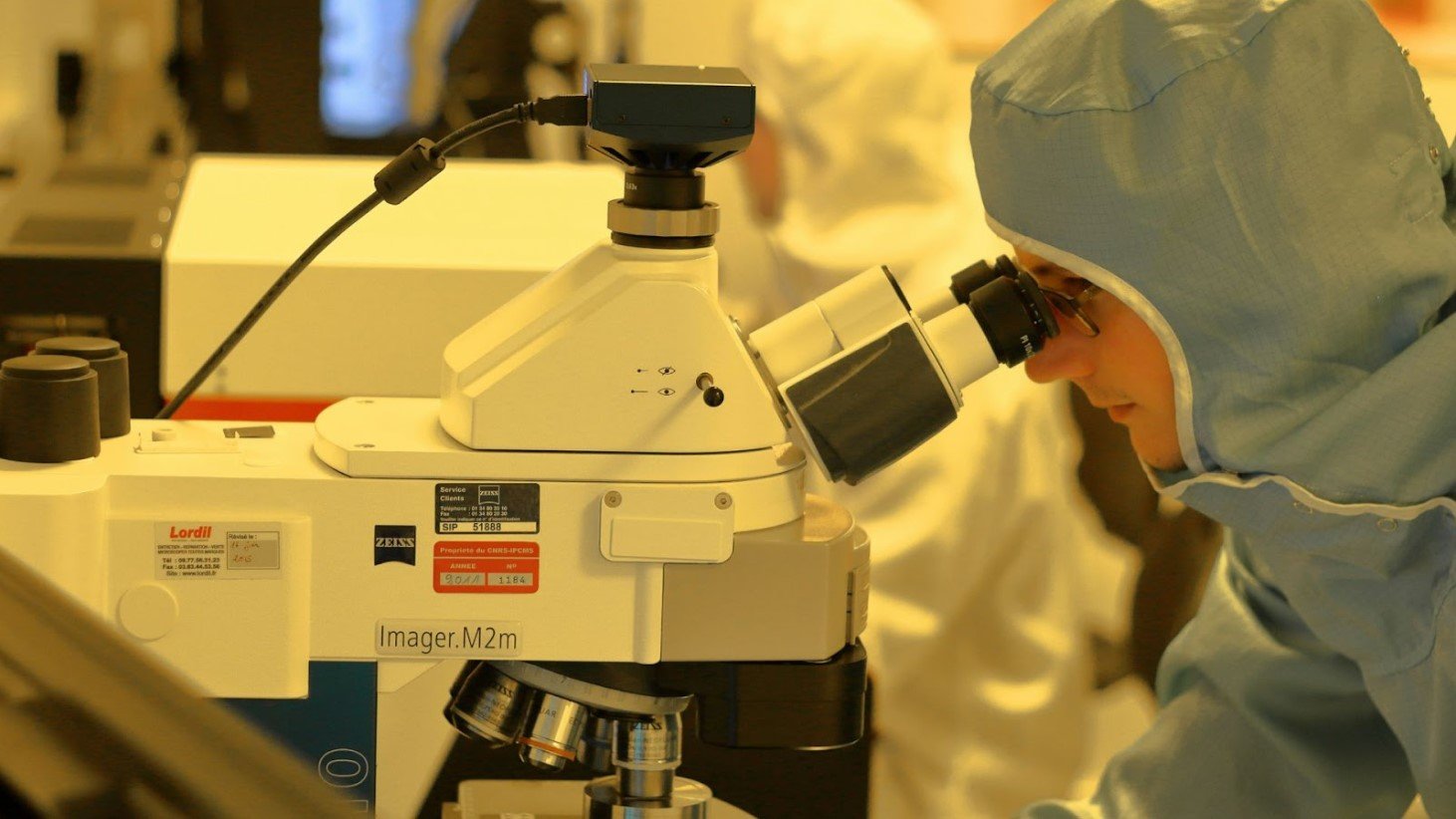
According to BBC News, the development of the RTS,S vaccine represents over 30 years of research by British drug-maker GSK.
The World Health Organization’s approval and its launch in Cameroon are seen as monumental achievements in the long-standing battle against malaria.
Addressing Vaccine Hesitancy in Cameroon
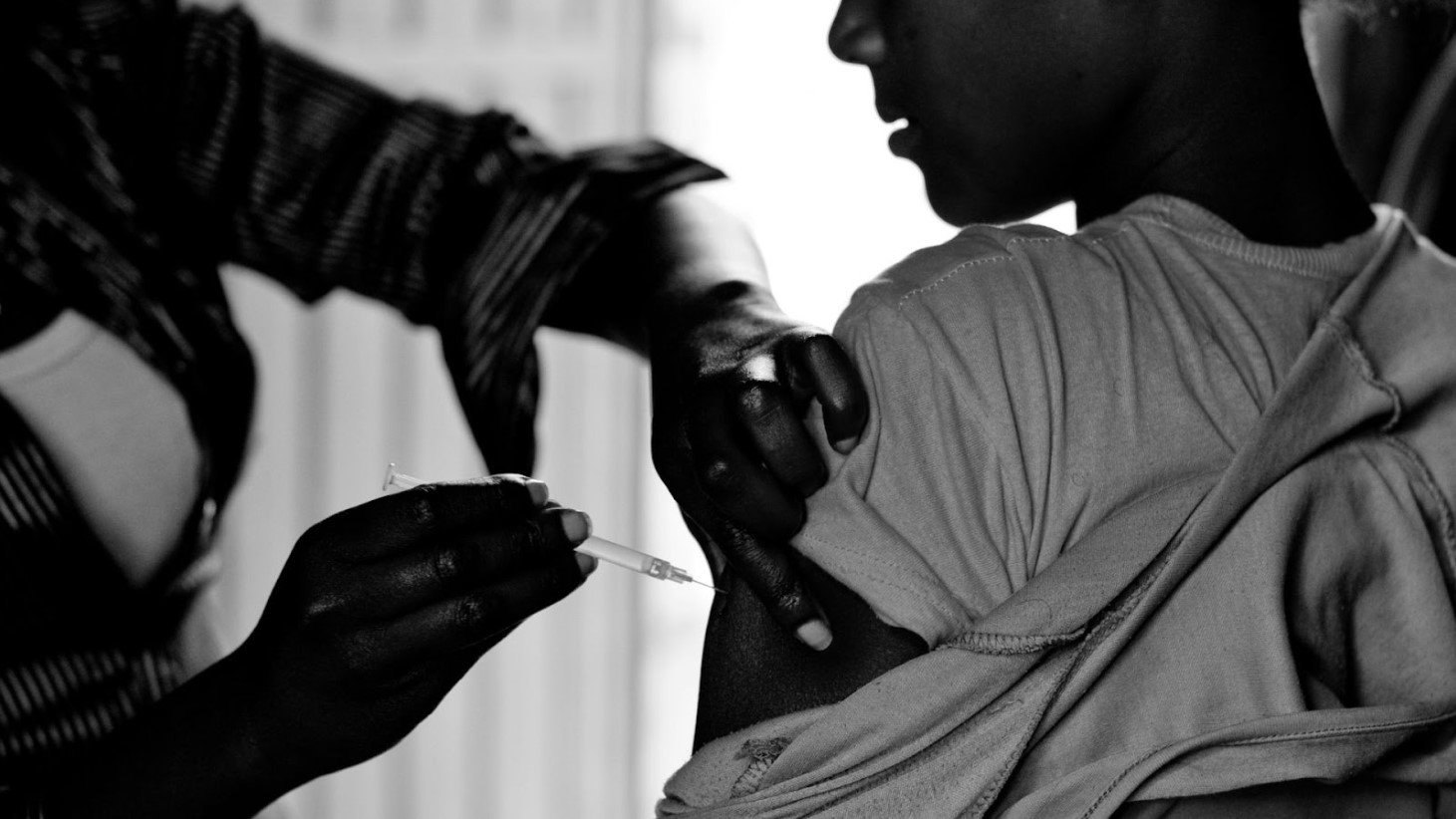
Concerns regarding vaccine safety and efficacy have led to hesitancy among some Cameroonians.
“When people say we are being used as guinea pigs, that’s not particularly true. We as scientists have to do much more to educate the public on what it is, and the benefits it has, so that we can calm their fears,” Wilfred Fon Mbacham, a Cameroonian public health biotechnology professor specializing in malaria, told BBC News.
Public Reception and Confidence in the Vaccine
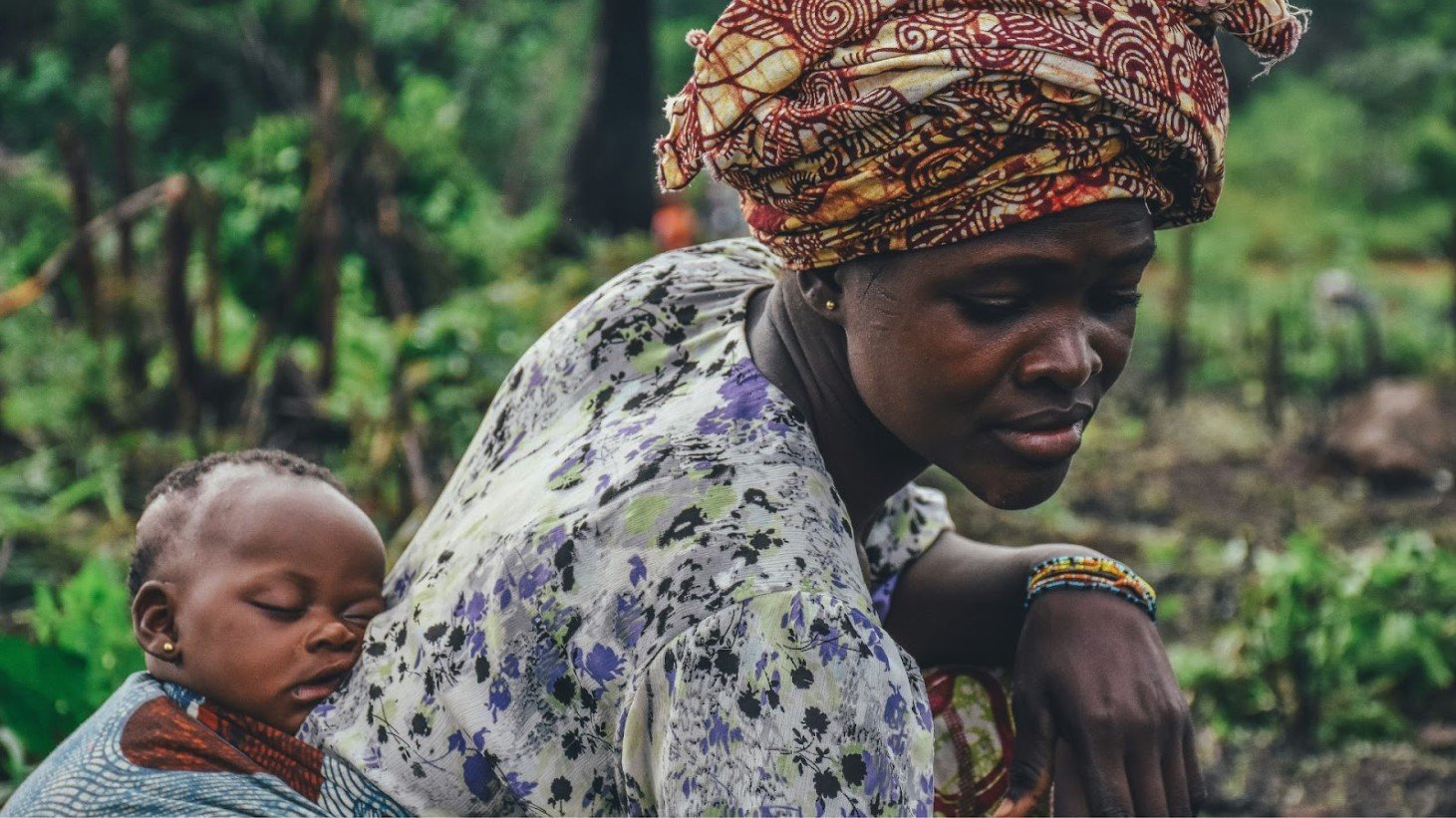
Many parents in Cameroon have embraced the vaccine, recognizing its potential to protect their children from malaria.
“I decided to vaccinate my child to avoid malaria. It’s a bad thing and when it affects a child, they can easily die,” a mother told BBC News at the vaccination center in Soa, near Yaoundé.
Expanding the Vaccine Program Across Africa
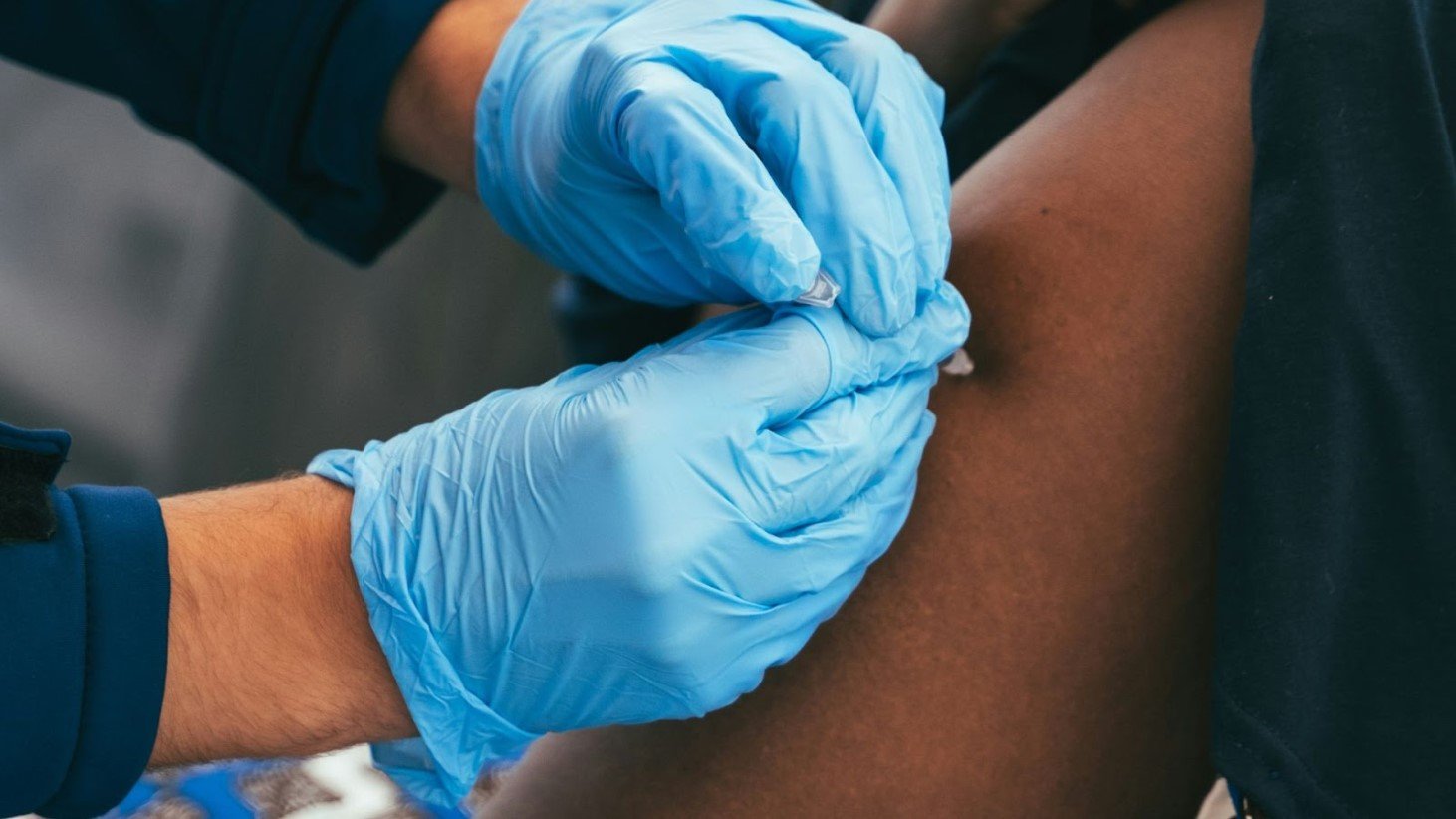
Following Cameroon’s lead, 20 other African countries are planning to introduce the malaria vaccine, The Independent reveals.
The high demand for the vaccine reflects its perceived importance in combating malaria across the continent. However, there are concerns about the availability of sufficient doses to meet this demand.
The Introduction of a Second Malaria Vaccine
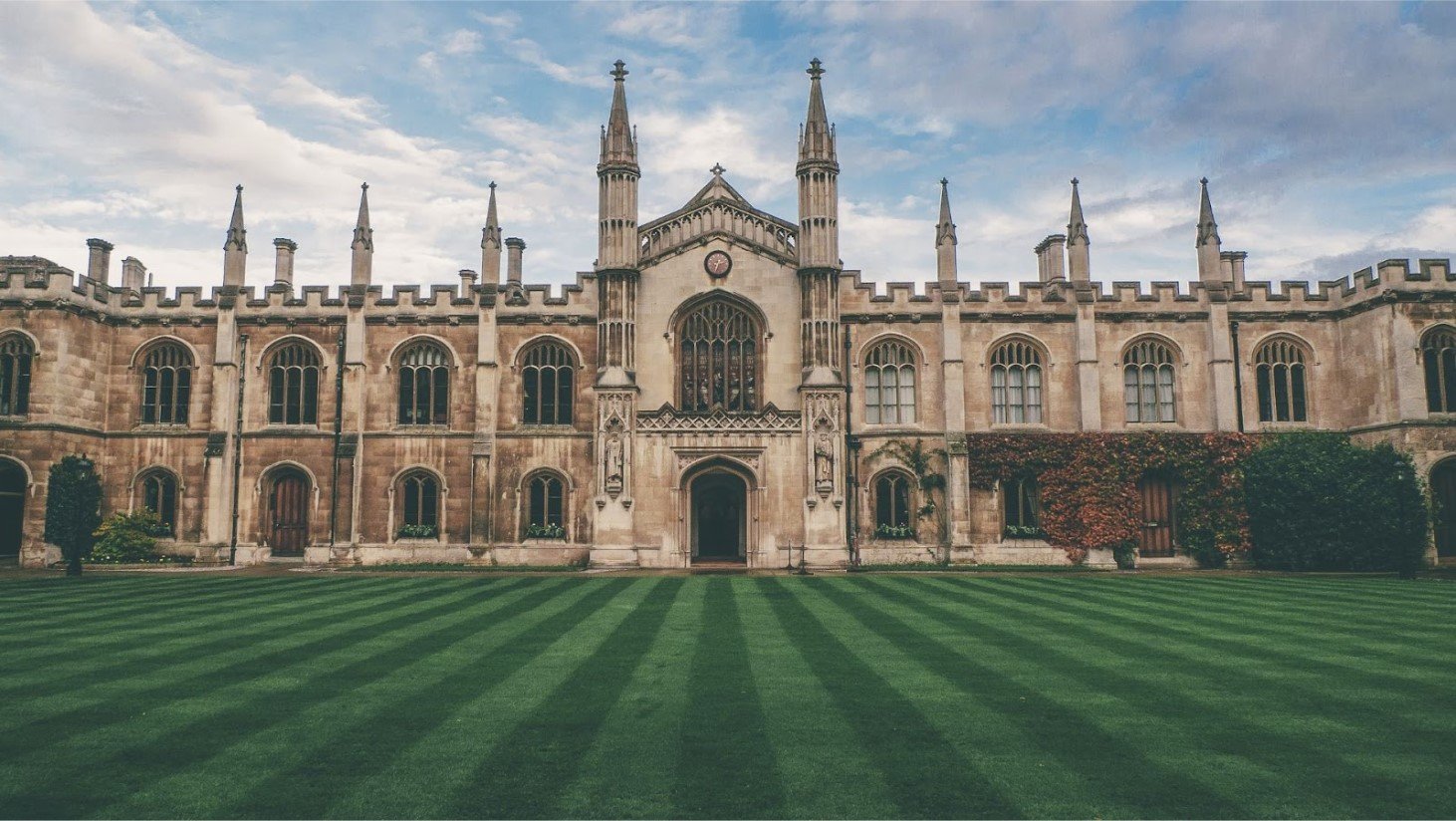
The anticipated introduction of the R21 vaccine, developed by Oxford University, is expected to increase the availability of malaria vaccines significantly, per The Independent.
The Serum Institute of India aims to manufacture 100 million doses annually, pending regulatory approvals. This development could substantially enhance malaria prevention efforts in Africa.
Expanding Vaccine Supply: A Milestone in Malaria Prevention
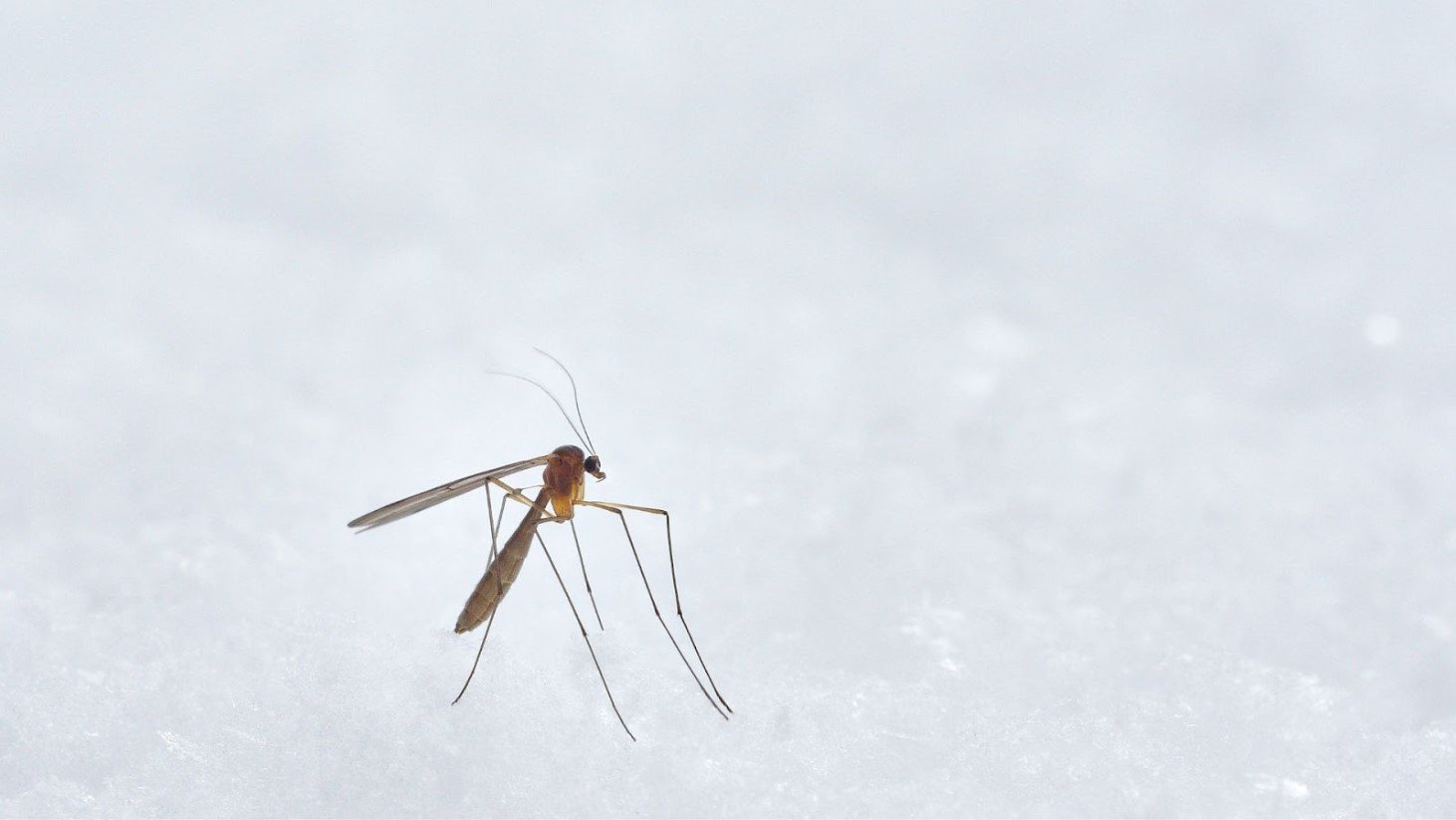
The introduction of the second malaria vaccine, R21, is poised to significantly bolster the fight against malaria in Africa.
The Independent reports that Kate O’Brien, the WHO’s director of immunization, stated at a briefing that rolling out the second vaccine “is expected to result in sufficient vaccine supply to meet the high demand and reach millions more children.”
A Global Effort to Save Young Lives
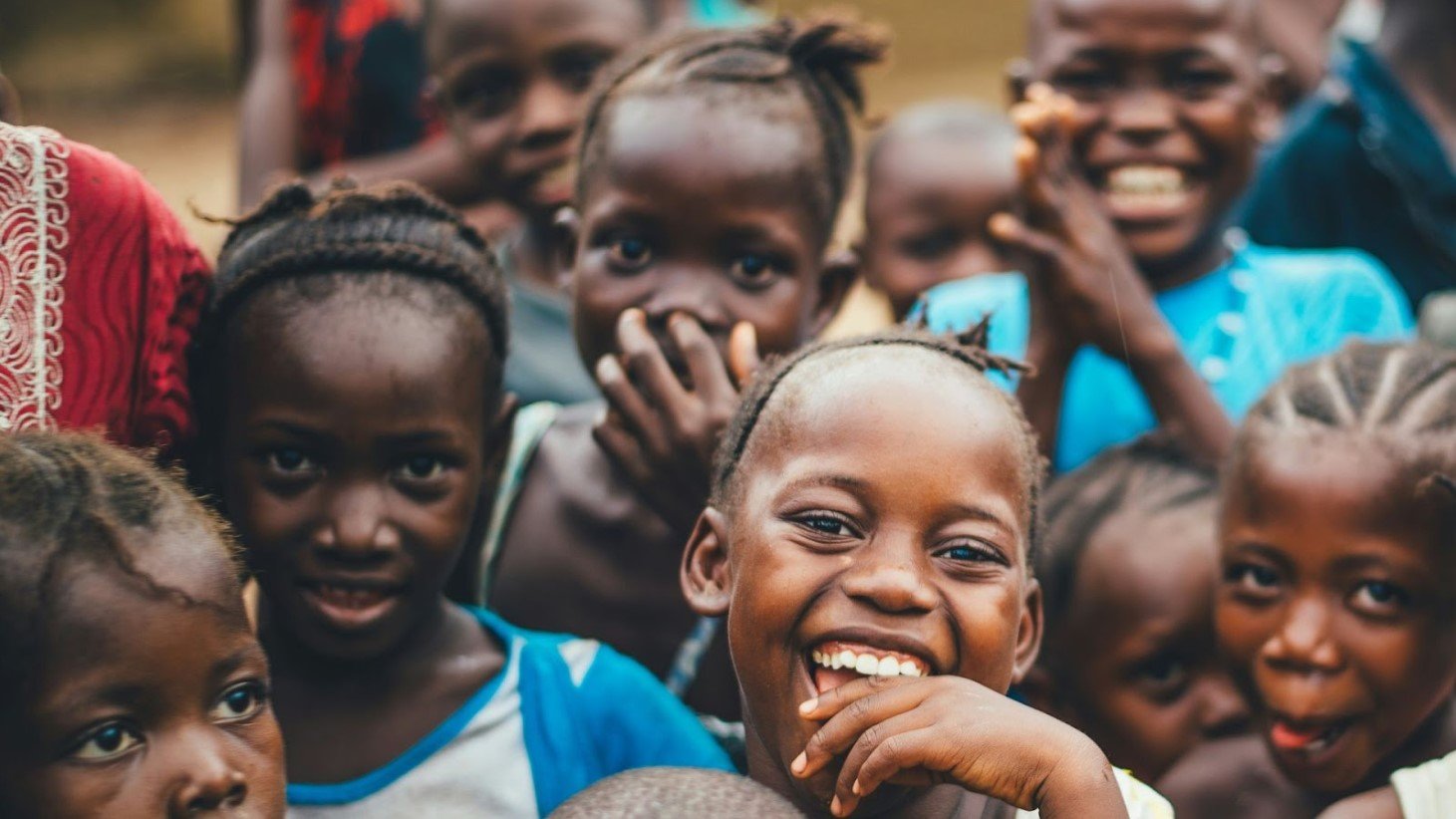
The availability of two distinct malaria vaccines marks a crucial advancement in global health, particularly for Africa.
“Having two vaccines for malaria will help to close the huge gap between demand and supply and could save tens of thousands of young lives, especially in Africa,” emphasized Tedros Adhanom Ghebreyesus, director-general of the WHO, during a UN body’s executive board meeting.








































